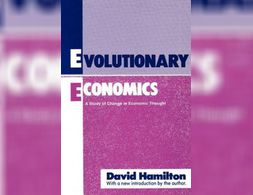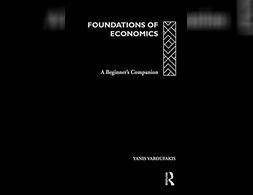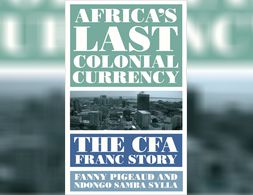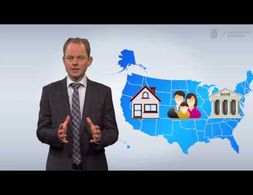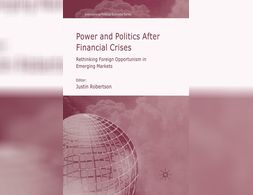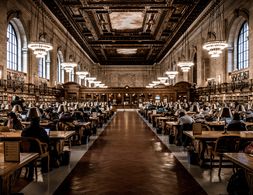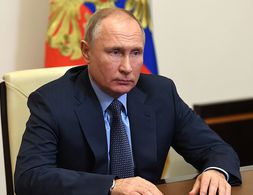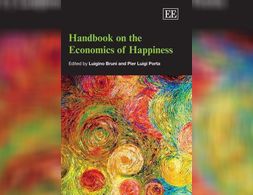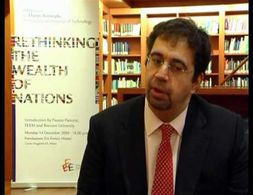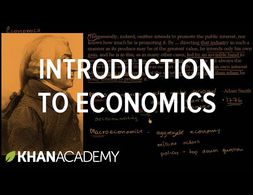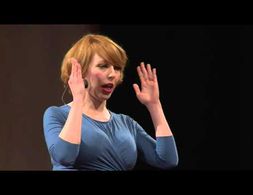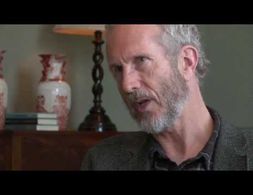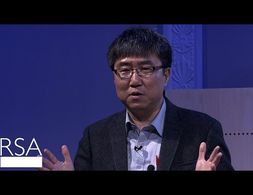✕
990 results
Despite the Doha declaration of November 2001, the failure to start a new round of global trade negotiations at Seattle in December 1999 and the hostility of protesters to the trade liberalization process and growing global economic and social disparities was a wake-up call for the World Trade Organisation (WTO).
In reviewing this book in The Economic Journal, S.G. Checkland said that it should be read as a vigorous attempt to relate economics to general thinking and as a challenge to those who are practitioners or elaborators of narrowly prescribed techniques.
Foundations of Economics breathes life into the discipline by linking key economic concepts with wider debates and issues. By bringing to light delightful mind-teasers, philosophical questions and intriguing politics in mainstream economics, it promises to enliven an otherwise dry course whilst inspiring students to do well.
The 2007-2010 economic crisis has profoundly shaken the foundations of mainstream financial economics. The apparent falsification of core concepts such as risk diversification, informational efficiency and valuation efficiency by an unexpected course of events has revealed the need to redefine the objectives and direction of research today.
Some economic events are so major and unsettling that they “change everything.” Such is the case with the financial crisis that started in the summer of 2007 and is still a drag on the world economy. Yet enough time has now elapsed for economists to consider questions that run deeper than the usual focus on the immediate causes and consequences of the crisis.
For many, Thomas Carlyle's put-down of economics as "the dismal science" rings true--especially in the aftermath of the crash of 2008. But Diane Coyle argues that economics today is more soulful than dismal, a more practical and human science than ever before. The Soulful Science describes the remarkable creative renaissance in economics, how economic thinking is being applied to the paradoxes of everyday life.
Colonialism persists in many African countries due to the continuation of imperial monetary policy. This is the little-known account of the CFA Franc and economic imperialism.
Is inflation just a number game or does it hold deeper societal implications? Join Isabella Weber (@UMass.Amherst) as she challenges traditional economic stances on inflation and delves into the social dimensions of pricing. Discover how context shapes our reactions to price hikes and why understanding this can be a game-changer.
MERCOSUR (Mercado Común del Sur or Common Southern Market) was the first formalized attempt to integrate South American countries economically and politically.
Dirk Bezemer exemplary presents pattern of the U.S. economy before the 2007 economic crisis and explains how due to those pattern the crisis could have been, unless not precisely predicted, yet anticipated.
What causes a recession? Told by economic historian John S. Gordon and visualized by a dancing performance, this short film focuses on emotions that are linked to recessions and recovery: fear and confidence.
What does GDP measure? How was it constructed and how did it become so important? What are alternatives? A historical introduction into the critique of GDP as measure of economic welfare.
The guides provide links to texts by Marx and Engels and present possible questions to discuss in study groups. The texts include Capial Volumes I – III, Economic & Philosophical Manuscripts or “Value, Price and Profit”.
Max Krahé explains the role of economic planning for a green transition.
The world is coping with a global disaster, as the new Coronavirus takes a toll on many lost lives and a severe impact on economic activity. To provide a long-run perspective, this column documents the international response to a variety of disasters since 1790. Based on a new comprehensive database on loans extended by governments and central banks, official (sovereign-to-sovereign) international lending is much larger than generally known. Official lending spikes in times of global turmoil, such as wars, financial crises or natural disasters. Indeed, in these periods, official capital flows have repeatedly surpassed total private capital flows in the past two centuries. Wars, in particular, were accompanied by large surges in the volume of official cross-border lending.
What data is used in the economic models of the IPCC? How problematic is it, that tipping points are often ignored? A very interesting presentation by Steve Keen during the OECD Conference "Averting Systemic Collapse".
In the graveyard of economic ideology, dead ideas still stalk the land.
The recent financial crisis laid bare many of the assumptions behind market liberalism—the theory that market-based solutions are always best, regardless of the problem. For decades, their advocates dominated mainstream economics, and their influence created a system where an unthinking faith in markets led many to view speculative investments as fundamentally safe.
Foreign exploitation of economic crises in the developing world has been a central claim of neoliberal critics. This important and recurring international theme is the subject of closer scrutiny in this new collection, where contributors offer competing interpretations of the interaction between international and domestic forces after crises.
A pithy, stimulating debate between three great economists on the heterogeneous character of economic thought
Post-Colonialisms Today researchers Kareem Megahed and Omar Ghannam explain how early post-independence Egypt sought economic independence via industrialization.
In this interview Ilya Matveev discusses the social, political, economic, and ideological foundations of the Russian regime, to provide additional context about Russia’s geopolitical goals.
Mainstream economics was founded on many strong assumptions. Institutions and politics were treated as irrelevant, government as exogenous, social norms as epiphenomena. As an initial gambit this was fine. But as the horizons of economic inquiry have broadened, these assumptions have becomehindrances rather than aids.
This book is a welcome consolidation and extension of the recent expanding debates on happiness and economics. Happiness and economics, as a new field for research, is now of pivotal interest particularly to welfare economists and psychologists. This Handbook provides an unprecedented forum for discussion of the economic issues relating to happiness.
In this searing and insightful critique, Adrienne Buller examines the fatal biases that have shaped the response of our governing institutions to climate and environmental breakdown, and asks: are the 'solutions' being proposed really solutions? Tracing the intricate connections between financial power, economic injustice and ecological crisis, she exposes the myopic economism and market-centric thinking presently undermining a future where all life can flourish.
"This eleven-week course offers a pluralist introduction to political economy and economics. We will examine nine (9) competing schools of thought, each of which offer an original and distinctive illumination of economic and social reality. The course offers a level of learning that would at least match that which is offered by a University. However, you do not need to be connected to a university or to have studied political economy or economics previously to enrol in this particular subject."
Traditionally, economists have attributed consistency and rational calculation to the action of ‘economic man’. In a powerful challenge to orthodox thinking, Geoffrey Hodgson maintains that social institutions play a central and essential role in molding preferences and guiding action: institutions are regarded as enabling action rather than merely providing constraints.
Why are income inequalities so large and why do they continue to increase in so many countries? What role can minimum wages play in reducing social and economic inequalities? What is a good system of wage bargaining? What constitutes a fair wage?
In this interview, Daron Acemoğlu provides a definition of institutions as rules that govern how individuals interact and speaks about social, political and economic institutions. He furthermore presents his view on bad or good institutions and the importance of the latter. The video is part of a larger interview, where he elaborates his perspective on differing prosperities of states and the relation between growth and democracy.
This short video by the Khan Academy presents a classic introduction to economic teaching. Starting with the quote by Adam Smith in "The Wealth of Nations" on the invisible hand, it shows how economics deals with the question of the allocation of scarce resources and shortly presents different questions addressed by microeconomics and macroeconomics. It further makes reference to questions of simplification in mathematical models.
How do we get our dinner? And who cooked Adam Smith's dinner? Starting with Smith's answer on the origin of a dinner, Katrine Marçal problematizes and illustrates how unpaid labour was and is still being ignored by economic theory and how the homo economics represents characteristics perceived as male.
Based on a critique on econometric and DSGE models (in particular in the context of the financial crisis), Doyne Farmer presents his current research programme that aims at building an agent-based model of the financial and economic crisis. It models heterogeneous agents and from there simulates the economy, firstly for the housing market. The interview gives a short insight in the research programme.
In this short talk „On Economics“ Ha-Joon Chang, author of the book „Economics: The User's Guide“, gives a critical wrap-up on the economic discipline – on what is perceived as economics, what are dominant paradigms, the role of numbers and economics in public life. He further elaborates on the importance of heterodox schools of thought.
We use cookies on our website. Click on Accept to help us to make Exploring Economics constantly better!


